Book Review: "Reading Lessons" by Carol Atherton
5/5 - a fantastic analysis of books by a passionate English teacher...
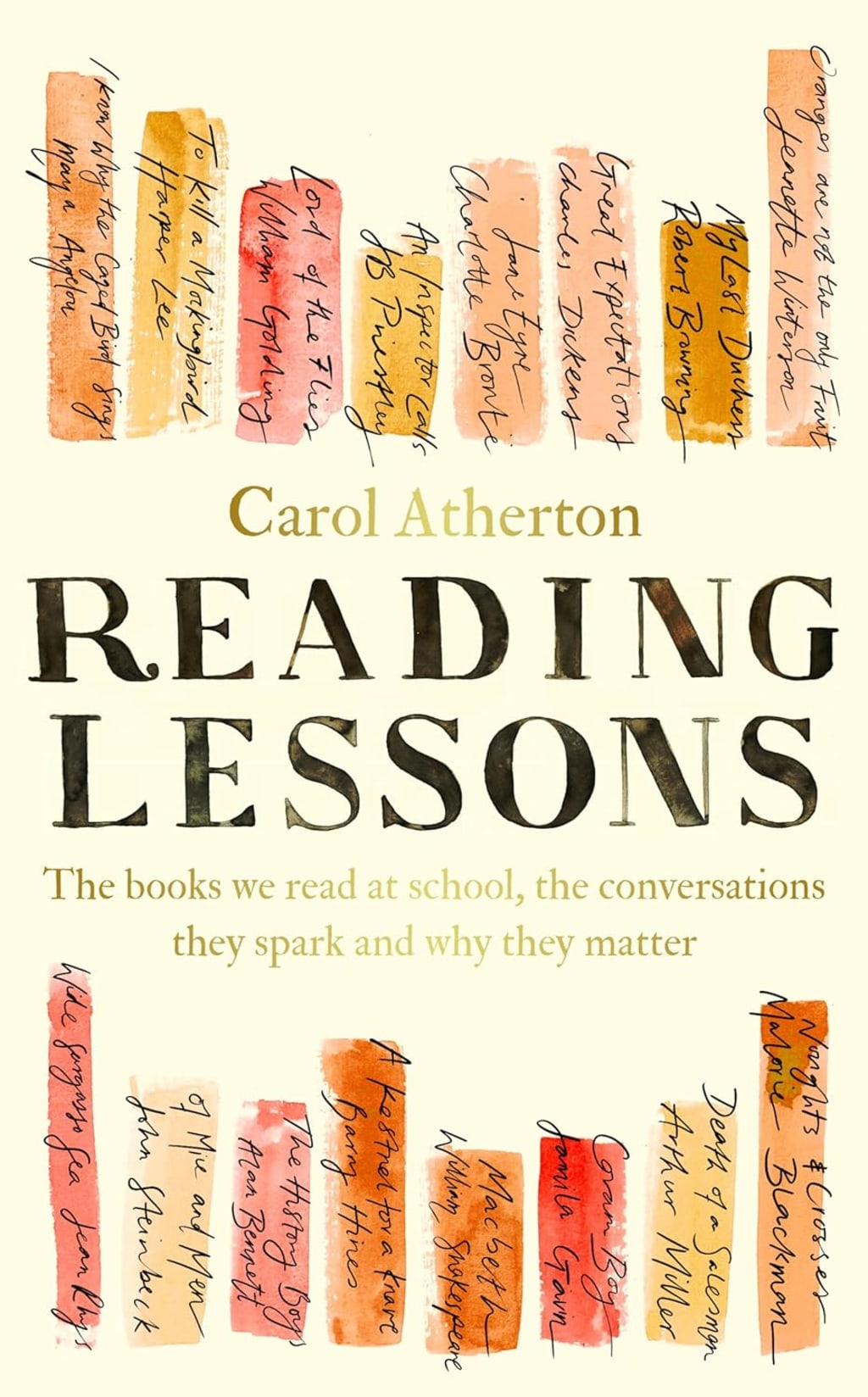
“Our relationship with books can change over time. Sometimes, as we grow older, we see the value of a novel we'd previously dismissed; sometimes we find out something about a writer that casts an uneasy shadow over their work. And sometimes, a book shows itself to be more complex and problematic than we first realized. This can make us revise our opinions completely.”
- Reading Lessons by Carol Atherton
One of the things I kept hearing about this book is how it was essential for those who love English and those who are English teachers and lecturers to read it. Since I am both, this seemed like the perfect book for me and I very much enjoyed reading it. It takes us through lots of different books that are read on the different secondary school English Literature syllabi in the UK and talks about not only how they are studied and why they are studied, but how they are relevant in building people who are compassionate, kind, empathetic and caring towards each other. My argument for many years is that the reasons to books are chosen is to make young people confront difficult problems in a safe environment and to teach them empathy and compassion for others. This book solidifies my claims and is an absolute joy to read.
This book is written by a woman who's been an English Teacher for almost thirty years and honestly, I tip my bonnet to her - if you can do that profession for thirty years and not look to change careers, you have won. She is probably one of the best voices on these texts that are taught countless times in classrooms over and over again and we as teachers can learn a lot about classroom discussion. To be perfectly honest, I steer away from classroom discussions because I see it as cutting into the amount of time that is left for the actual work of the lesson to be done. I love to see them done properly though.
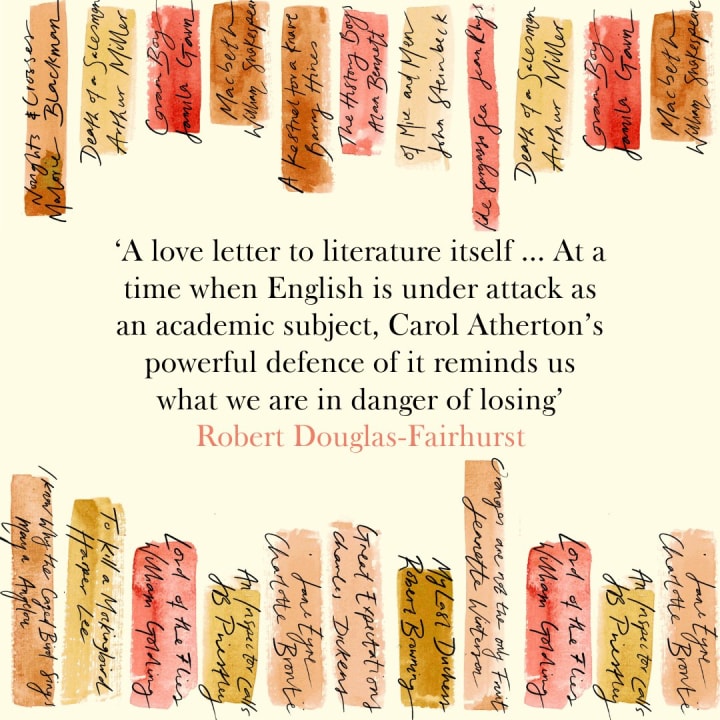
Opening this book is the poem My Last Duchess by Robert Browning, which is honestly a wonderful poem that I have also taught countless times. We do teach it slightly differently though - I teach it more like a story to be understood as unreliable from a narrator who is false and machiavellian in just about everything he does. This woman seems to teach it as interconnected with modern attitudes of men to women - coercive control and the way in which women becoming their own people scares men and makes them more controlling. This still happens to some extent today. Teaching the children compassion and empathy through this lens is very important, especially for growing boys who need to be taught how to associate with growing girls correctly.
Another part of the book that was enjoyable for me was reading about how this teacher taught a lesson in empathy through her unit of An Inspector Calls by JB Priestley. Now, this play is taught ad nauseam at schools and some kids even study it twice. It is a relatively easy play to read and study and tends to give children confidence in studying literature (which to many kids can seem a daunting task as there are so many theories on what the answer could be and then, having to articulate the possibilities can be a struggle for them as well). I like teaching this play too because more often than not, a child can read it and actually understand what's happening. We see this teacher look at the unit through the lens of the cost of living crisis and how some students can see their parents struggling and therefore sympathise with the situations of Eva Smith. Honestly, it is a brilliant play and Carol Atherton articulates the teaching techniques of lessons in empathy perfectly.
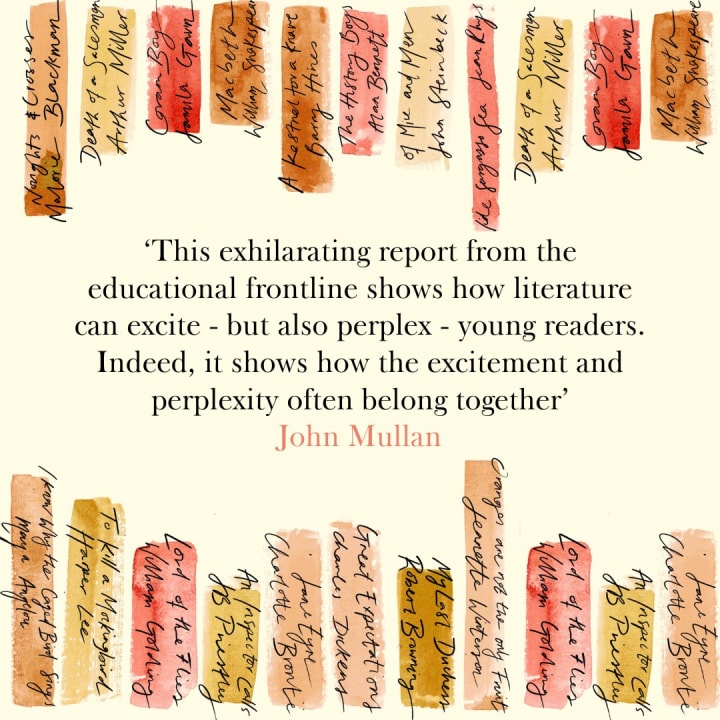
Another part I really enjoyed is when Atherton discusses teaching Great Expectations by Charles Dickens. Now, this is a text that I admittedly love teaching because you see some kids really get into Pip's story because at the start, he's a child too. The author explains how she teaches the core parts of Pip's story and how he changes throughout. She teaches things such as social mobility and how that changes people and how loyalty to others who are kind to us is important. Again, these are lessons in how to grow into good, compassionate human beings that function properly in society. Holding these discussions (again, I am so impressed that she is able to hold a discussion so deep with teenagers) prove to be very important in the classroom - but alas, many classes do not support this model. I wish they did, this seems like an excellent way to get students to learn not only the text but the core lessons it teaches.
From teaching Lord of the Flies and behaviour to Noughts and Crosses and alternative thinking, from teaching Of Mice and Men and relationships all the way to A Kestrel for a Knave and education, desperation in Macbeth and depression in Death of a Salesman - this book is one of the most expansive things I have ever read on English education and honestly, I am a better teacher for it. This book should be required reading for every single English Literature teacher in every single secondary school. It is a passionate love letter from an English teacher to the books on the syllabus and gives us a lens where teaching students how to grow into good human beings is just as important (if not more important) than simply getting them a great grade.
About the Creator
Annie Kapur
200K+ Reads on Vocal.
English Lecturer
🎓Literature & Writing (B.A)
🎓Film & Writing (M.A)
🎓Secondary English Education (PgDipEd) (QTS)
📍Birmingham, UK


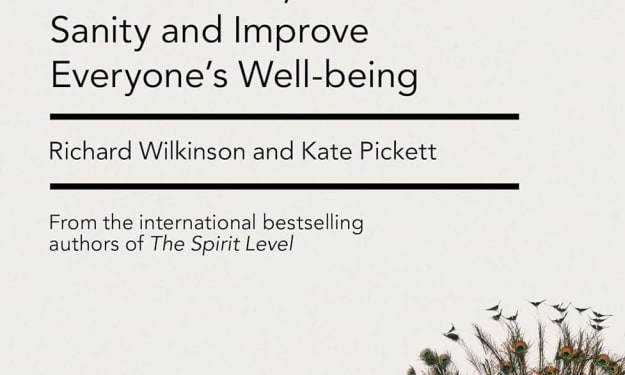


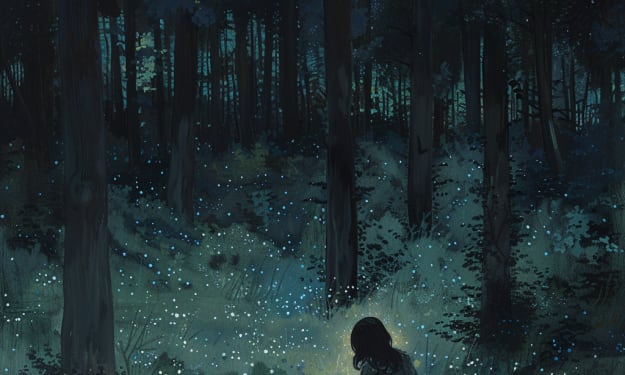
Comments (2)
I’ll read this! 💗🥰
An amazing review by you.